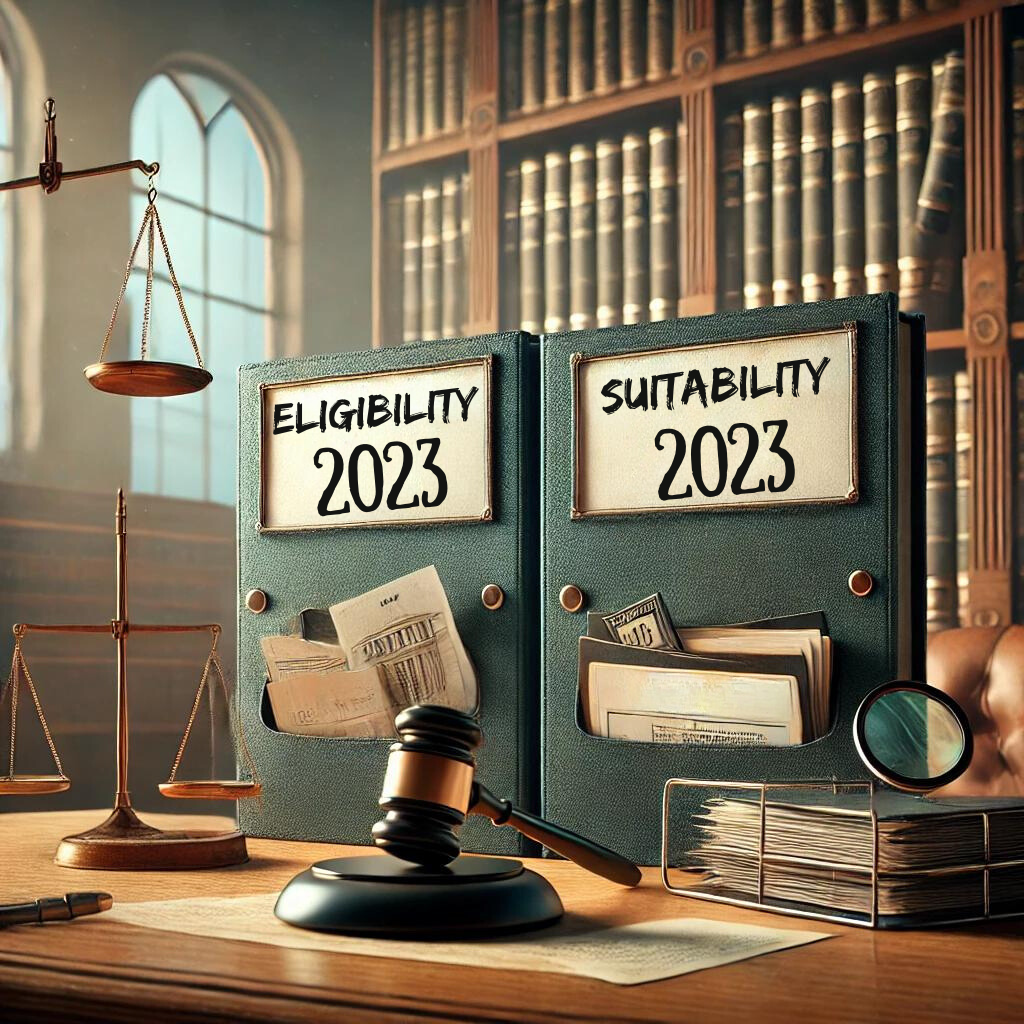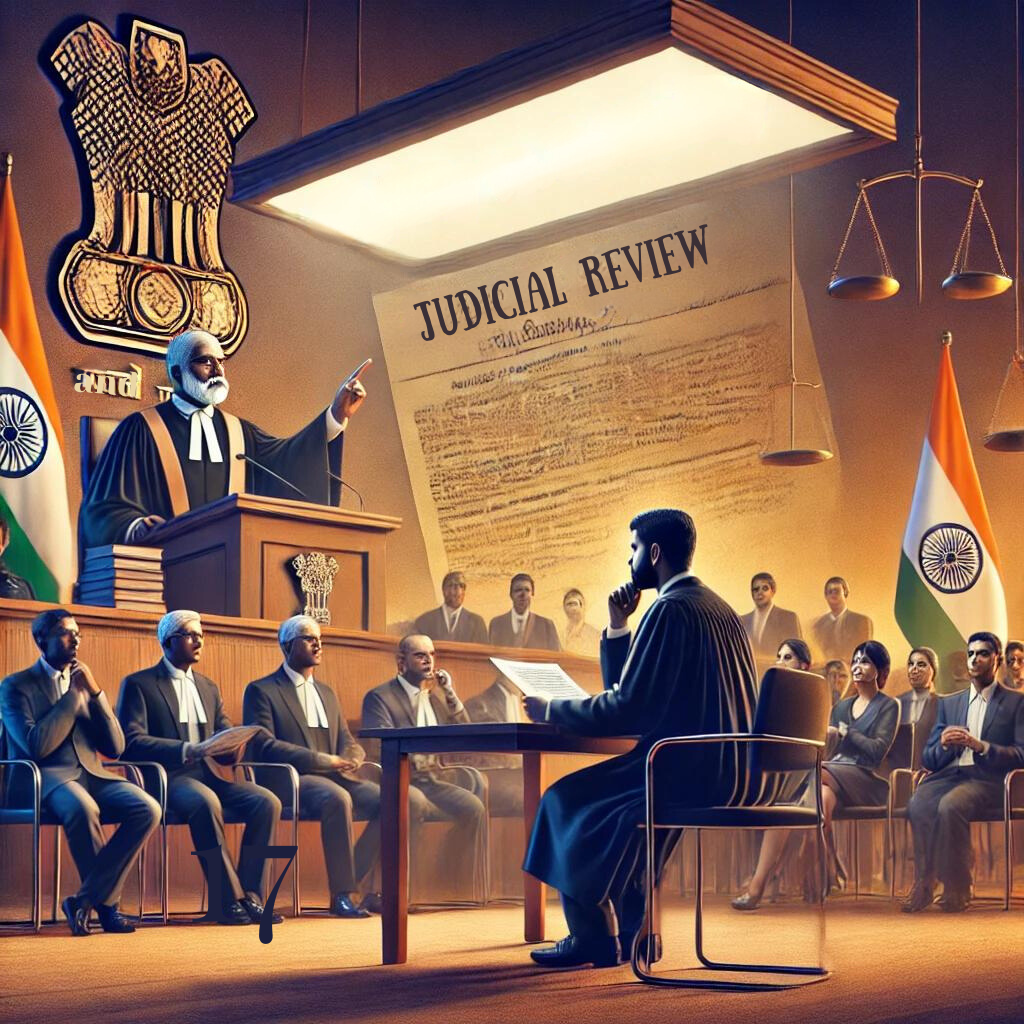In a landmark case that stirred the legal community, the Supreme Court delved into the nuanced difference of eligibility vs suitability for judicial appointments, specifically in the context of elevating a lawyer to the position of an Additional Judge. This case emerged from a writ petition filed by three advocates from the Madras High Court, challenging the recommendation to elevate Advocate LC Victoria Gowri to the bench, citing concerns over her alleged hate speech against minority communities and questioning her suitability to uphold judicial independence. The core issue revolved around whether the appointment of High Court judges falls within the ambit of judicial review under Article 217 of the Indian Constitution.

Facts
Description of the writ application
Three advocates filed a writ application before the Supreme Court, challenging the collegium’s decision to elevate Advocate LC Victoria Gowri as an Additional Judge of the High Court. The application raised concerns about the implications of this elevation for the judiciary’s independence, pointing to Gowri’s alleged hate speeches against minority communities as a basis for their challenge.
Allegations against LC Victoria Gowri
The advocates contended that Gowri’s past conduct, specifically her alleged hate speeches targeting Christian and Muslim communities, rendered her unsuitable for judicial office. They argued that such biases threatened the judiciary’s independence and could compromise the fair administration of justice, urging the court to reconsider her nomination.
Immediate hearing and listing of the matter
Chief Justice Dr. D.Y. Chandrachud expedited the hearing of this contentious matter, demonstrating the judiciary’s responsiveness to issues affecting its integrity. Initially slated for hearing on February 10, 2023, the matter was advanced to February 7, underscoring the urgency and significance attributed to the case.
Issues Involved
This case delves into the complex interplay between the concepts of eligibility and suitability regarding the appointment of judges, specifically examining whether such appointments are subject to judicial review under Article 217 of the Indian Constitution. The heart of the matter lies in challenging the recommendation of Advocate LC Victoria Gowri as an Additional Judge of the High Court, based on allegations of her expressing hate towards minorities. This raises pivotal questions about the criteria and processes employed by the collegium in making such recommendations, the extent to which judicial review can scrutinize these recommendations, and the implications for the independence of the judiciary.
The intriguing aspect of this case is its exploration of the thin line between a candidate’s eligibility—often seen as a matter of objective legal qualifications—and suitability, which encompasses broader, more subjective considerations, including a candidate’s past actions and public statements. This distinction is crucial for judiciary aspirants to understand as it underscores the nuanced considerations that underpin judicial appointments, balancing legal qualifications against moral and ethical expectations.

Observations
Eligibility vs Suitability
The Supreme Court distinguished between ‘eligibility’ and suitability,’ clarifying that while eligibility falls within the scope of judicial review, questions of suitability, based on subjective assessments, do not. This demarcation is crucial for understanding the limits of judicial intervention in the appointment process.
Court’s stance on elevation of judges
The court underscored that the elevation of judges is a prerogative outside the purview of direct judicial review, emphasizing that such decisions are primarily for the collegium to make, with the judiciary at large abstaining from involvement.
Hate speeches and eligibility
Addressing the allegations of hate speech, the court opined that such conduct does not automatically disqualify a candidate from being elevated as a judge, suggesting a nuanced approach to evaluating a candidate’s overall fitness for judicial office.
Collegium’s awareness
The court assumed that the collegium was aware of the candidates’ backgrounds, including any political affiliations or controversies, at the time of making its recommendations, highlighting the collegium’s role in vetting candidates’ suitability beyond mere eligibility criteria.
Appointment status of LC Victoria Gowri
The court clarified that Gowri’s appointment as an Additional Judge was provisional, pending further evaluation and confirmation, indicating the iterative and cautious nature of judicial appointments.
Court’s reference to previous judgments
In its decision, the court drew upon precedent, specifically regarding the writs of certiorari and mandamus, reaffirming the principle that such writs are not applicable in matters where the court’s own administrative decisions, grounded in its discretionary powers, are concerned.
Conclusion
In the intricate tapestry of India’s judiciary, the elevation of Advocate LC Victoria Gowri to the Additional Judge of the High Court epitomizes a significant discourse on the balance between eligibility and suitability and the scope of judicial review. This case underscores the judiciary’s nuanced approach to appointments, highlighting the distinction between a candidate’s legal qualifications and their conduct or views.
As aspiring judges and guardians of the law, judiciary aspirants must glean from this episode the importance of impartiality, integrity, and the upholding of constitutional values in the face of societal and personal biases. The Supreme Court’s decision not only illuminates the complexities involved in the appointment process but also reaffirms the independence of the judiciary and the rigorous scrutiny underlying judicial appointments. For those on the path to becoming part of this esteemed institution, this case serves as a poignant reminder of the weight of responsibility that comes with the robe and gavel. It beckons judicial aspirants to reflect deeply on their own values and the overarching principles that should guide their judicial conduct. In navigating the intricate judicial landscape, let this case be a beacon, encouraging a commitment to justice that transcends personal prejudices and embraces the diverse tapestry of Indian society.

